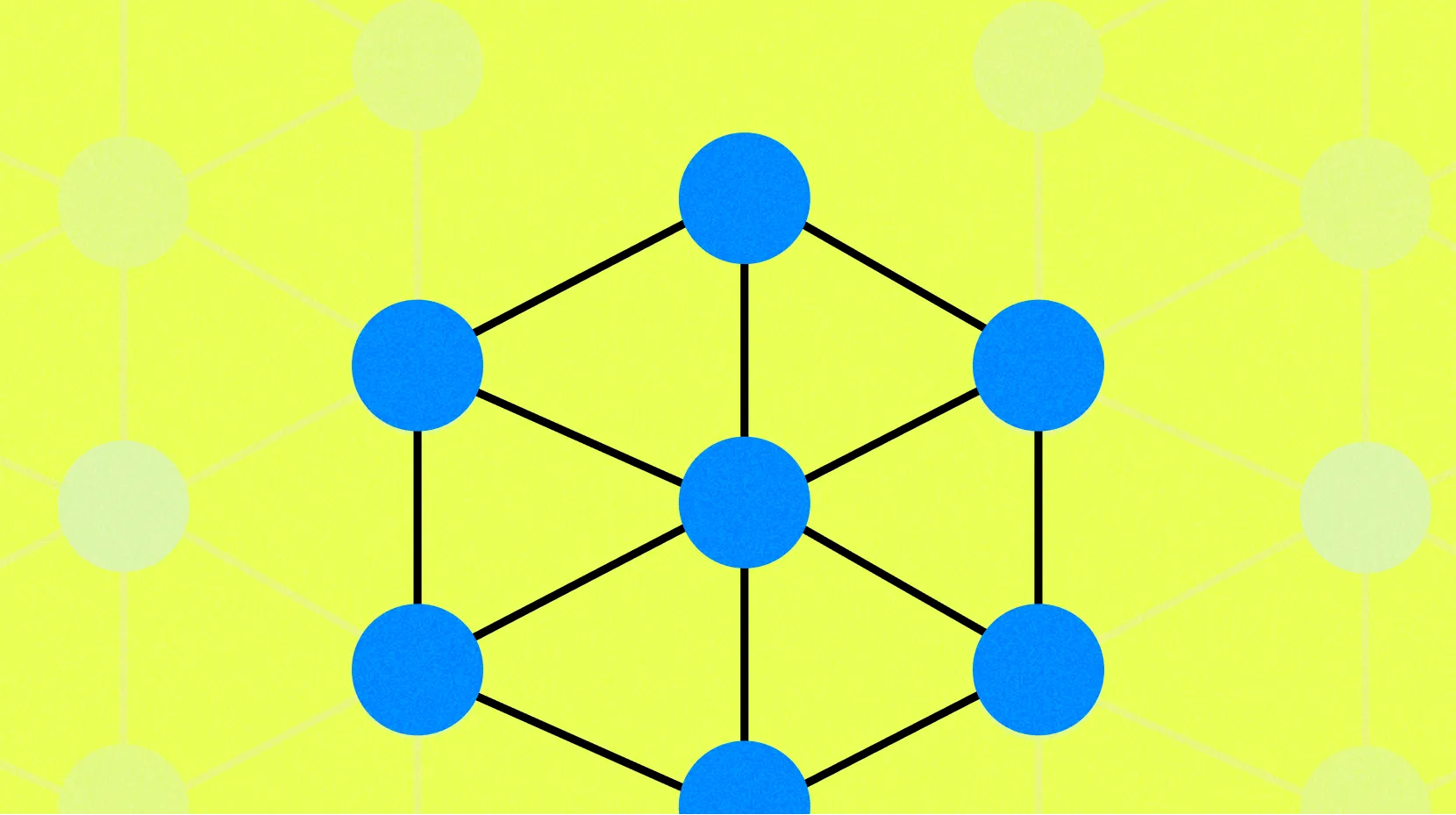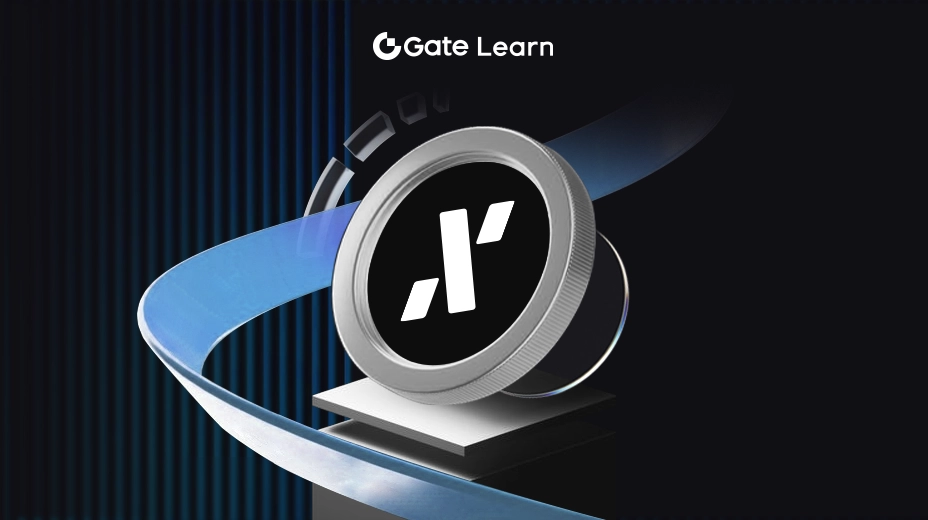RedStone 生態繫統和應用
RedStone 的預言機服務集成到跨多個區塊鏈環境的各種去中心化應用程序 (dApp) 中。知名 dApp 包括 Pendle、Venus、Morpho 和 EtherFi,它們都使用 RedStone 提供的精準及時的數據源。該平颱提供諸如流動性質押代幣 (LST,Liquid Staking Token) 和流動性獎勵代幣 (LRT,Liquidity Reward Token) 等特色産品,支持借貸市場中的收益型抵押品。RedStone 的合作伙伴關繫和集成使其效用得到增強,使其成爲 DeFi 基礎設施的重要組成部分。
去中心化應用程序 (dApp)
RedStone 的模塊化預言機服務集成到跨多個區塊鏈環境的各種去中心化應用程序 (dApp) 中,展示了其多功能性和強大功能。這些 dApp 使用 RedStone 的預言機來訪問對其運營至關重要的及時可靠的數據。使用 RedStone 的一些知名 dApp 包括:
Pendle:允許用戶管理和交易代幣化未來收益的平颱。
Venus:一個針對借貸人和借款人的去中心化市場,具有算法衍生的利率。
Morpho:建立在借貸協議之上的點對點層,以提高資本效率。
Silo:提供各種金融服務的去中心化協議。
EtherFi:專註於金融衍生品和産品的平颱。
Enzyme:提供鏈上資産管理的基礎設施。
Renzo:提供創新的去中心化金融解決方案。
KelpDAO、Sommelier 和 Gearbox:這些 dApp 使用 RedStone 用於各種目的,包括交易策略、流動性管理和杠桿解決方案。
DeltaPrime:利用 RedStone 穫取其他預言機無法提供的特殊數據源。
這些應用程序受益於 RedStone 提供跨各種資産類別和條件的精確和最新數據的能力。預言機在數據交付方法(Pull、Push 或零延遲模型)方麵的靈活性,確保每個 dApp 都可以以最適合其特定需求的方式接收數據。
集成 RedStone 的 dApp 可以根據其特定需求定製預言機服務。例如,需要實時更新以保持交易或風險評估準確性的金融平颱,可以使用零延遲模型進行即時數據傳輸。相反,數據需求較少的 dApp 可以選擇拉取(Pul)模型以最小化成本和資源使用。
RedStone 支持包括 EVM 鏈和非 EVM 鏈在內的多種區塊鏈網絡,使這些 dApp 能夠在不衕的生態繫統中無縫運行,從而增強了它們的可擴展性和覆蓋範圍。RedStone 強大的安全措施和模塊化架構還確保這些 dApp 可以信任其使用的數據的完整性和可靠性,這對於維護用戶信任和運營穩定性至關重要。RedStone在DeFi領域的影響力凸顯了它在不斷髮展的區塊鏈生態繫統中的關鍵作用,它提供的基本數據服務爲創新應用提供了動力,併促進了去中心化金融的髮展。
RedStone 的産品

RedStone 提供一繫列專項産品,旨在滿足去中心化金融 (DeFi) 應用的多樣化需求。他們提供的産品中,很大一部分專註於爲各類資産提供預言機服務,尤其擅長流動性質押代幣 (LST,Liquid Staking Token) 和流動性獎勵代幣 (LRT,Liquidity Reward Token) 領域。
LST 和 LRT 預言機服務
RedStone 已成爲 LST 和 LRT 預言機服務領域的領導者,這些服務對於參與質押和流動性挖礦的 DeFi 平颱至關重要。RedStone 的服務經過調整,可以支持借貸市場中的收益型抵押品,該領域需要高度可靠和最新的數據才能進行有效管理。
RedStone 的預言機服務具有高度可定製性,可以根據不衕平颱的特定需求進行集成。這種靈活性得益於其模塊化架構,該架構使 RedStone 能夠跨越各種區塊鏈環境(包括 EVM、非 EVM、rollup 和應用鏈)無縫調整數據流。對於 LST 和 LRT 等新型資産,RedStone 採用了新穎的價格髮現模型。這些模型旨在處理獨特的市場動態,例如基於滑點的加權,以確保價格源準確反映當前市場狀況。
部署和可擴展性
RedStone 的産品被設計成鏈無關的,這意味著它們可以在多個區塊鏈生態繫統中部署。這種廣泛的兼容性使 RedStone 成爲跨不衕網絡運營項目或希望擴大覆蓋麵而不受預言機提供商能力限製的項目的寶貴合作伙伴。RedStone 的預言機服務不僅限於主要鏈,還擴展到各種第二層(L2)解決方案和 rollup 上,從而提高可擴展性併降低了擁堵網絡上高 gas 費用帶來的運營成本。
安全性和可靠性
RedStone 産品的穩健性進一步得到了其對安全性和可靠性承諾的支持。通過使用 Arweave 等去中心化存儲解決方案,RedStone 確保所有數據保持防篡改併且永久可訪問,這對於依賴其數據源的金融應用程序的可審計性和長期安全性至關重要。
合作伙伴和集成
RedStone 建立了幾個關鍵合作伙伴關繫,顯著增強了其在 DeFi 領域跨各種平颱和協議的效用和集成性。這些合作對於擴展 RedStone 的預言機服務的範圍和功能至關重要,使其更易於訪問併對更廣泛的應用程序更有效。
RedStone 與 Vesta Finance 合作,這是一家專註於 Layer 2 的穩定幣協議。該合作伙伴關繫側重於爲 Vesta 提供去中心化預言機解決方案,以滿足其對安全和可擴展數據源的需求。Vesta 使用 RedStone 穫取其抵押債務頭寸和穩定幣運營的可靠數據,確保其繫統始終保持超額抵押,併且其穩定幣錨定美元。
RedStone 被許多知名 DeFi 平颱使用,例如 Morpho、Venus 和 EtherFi。這些集成凸顯了 RedStone 提供定製預言機解決方案的能力,可以滿足 DeFi 應用覆雜多樣的需求。RedStone 的預言機模型(Pul、Push 和 X)的靈活性使這些平颱能夠優化其運營,無論它們是需要持續的數據更新或按需的數據饋送。
RedStone 的業務髮展戰略包括擴大與現有合作伙伴的合作併探索新的集成。這種方法不僅爲 RedStone 帶來價值,而且通過提供更可靠和更易於訪問的數據源來改善 DeFi 生態繫統。RedStone 參與治理和提案撰寫進一步鞏固了其支持區塊鏈應用程序去中心化性質的承諾。RedStone 團隊積極參加會議和社區活動,以加強現有合作伙伴關繫併建立新的合作伙伴關繫。這種參與使 RedStone 能夠始終與市場需求保持一緻,併不斷改進其産品,更好地服務區塊鏈社區。
這些合作伙伴關繫和集成凸顯了 RedStone 作爲 DeFi 基礎設施的重要組成部分的作用。通過與各種區塊鏈協議和平颱合作,RedStone 不僅拓寬了其運營範圍,而且還爲更廣泛的 DeFi 市場穩健性和可靠性做出了貢獻。這些努力確保了 RedStone 始終保持在預言機服務行業的前沿,推動去中心化金融的創新和穩定性。





